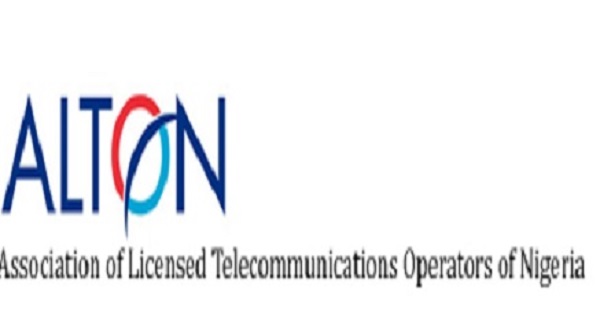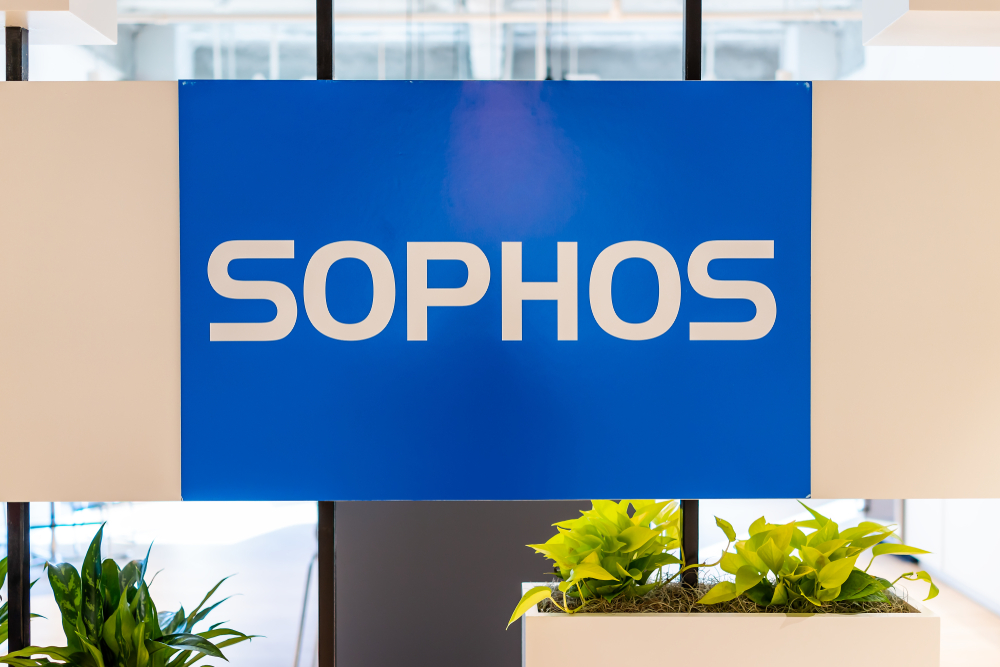The Association of Licensed Telecommunications Operators of Nigeria (ALTON) understands the concerns that industry stakeholders and customers of our members have been expressing in relation to the on-going debate in the United State of America (USA) over the risk of interference between 5G networks and aviation equipment.
While the issues being discussed are highly technical, it is important to ensure they are explained and understood in the simplest possible terms and to highlight the major differences between the situation in the USA and the structures in place in Nigeria.
Mobile networks, just like radio, TV and other broadcast services, operate using bands of spectrum (frequency ranges) that are allocated by the government to allow the transmission of different services. These bands of spectrum are deliberately structured in a way that prevents interference between them, by ensuring that what is called a ‘guardband’ exist between the frequencies.
The simplest way of understanding this is to use the radio station example. When trying to tune in to a specific station, you will find that you may pick up some of the transmission on either side of the exact frequency for that radio station. This is because radio transmissions are particularly likely to ‘overspill’ into space on either side of the transmission frequency that is being used. This same concept applies to all transmissions and is why guard bands are put in place. They are unused spectrum frequencies on either side of the allocated frequency for transmission, which ‘guard’ against the overspill.
With the advancement in wireless technologies evidenced by the introduction of 4G and 5G wireless technologies, the extent of the potential ‘overspill’ of the transmission has reduced, lowering the risk of interference. Because of this, the guardband was reduced to 220MHz in the USA, creating more space for allocation of frequencies for 5G services. This is the core reason for concern in the American aviation industry. They believe that in a worst-case scenario, the outdated radio-altimeters, which ‘overspill’ significantly could pick up 5G network signals spectrum, which may impact the accuracy of the altitude calculation. However, media reports indicate that the America communications industry opine that extensive testing reveal there is no evidence to suggest that the safety of the aviation industry will be compromised in a real operating condition.
The context in Nigeria is different. The guard band that exists between the spectrum frequencies allocated by the NCC for 5G services and those allocated to aviation industry remains in the region of 400MHz, in line with the guidelines instituted by National Frequency Management Council (NFMC), the government agency responsible for sectorial allocation of
spectrum and the NCC. This means that there is no greater risk of interference with 5G networks than there is with any of the existing transmissions taking place in the frequencies adjacent to those used by radio-altimeters.
While we fully understand why the suggestion of risk to the aviation industry is so emotive for so many Nigerians, ALTON is fully committed to working with the National Frequency Management Council (NFMC), the NCC and other relevant regulatory agencies towards providing as much clarity as is required to ensure that Nigerians’ have the information they need to analyze and understand these issues properly.









